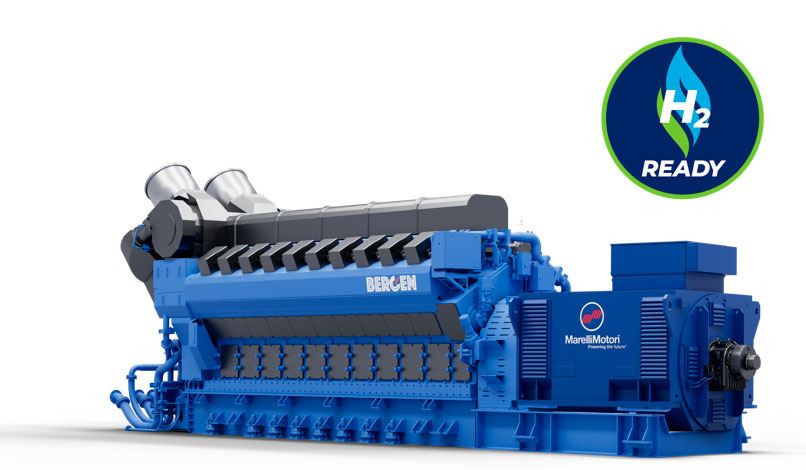In response to the global demand for lower emissions and climate neutral solutions, Bergen Engines are aiming to develop a combustion engine capable of running on 100% hydrogen gas. A key aspect of this development is retrofitting of existing natural gas engines to run on hydrogen fuel. This will provide a seamless transition from fossil fuel to clean renewable fuel at low cost for end users, while extending the lifespan of existing engines.

When converting existing natural gas engines to run on hydrogen fuel, multiple challenges will arise. Hydrogen, being the smallest and lightest element in the universe, can easily penetrate any material, possibly degrading its mechanical properties. This phenomenon is known as hydrogen embrittlement. It can significantly reduce the ductility and toughness of a material, making it more susceptible to cracking and fracture. Failure usually occurs abruptly without warning, posing a serious challenge to operational safety, reliability, and cost. Proper material selection and optimized design is therefore crucial. This will ensure the engines are able to endure long term exposure to hydrogen gas without compromising the integrity of critical components.
In the project IMAGINE, Bergen Engines will cooperate with SINTEF Industry and SINTEF Manufacturing to investigate how the integrity of critical engine components is affected by hydrogen. Both laboratory scale and full-scale engine testing will be performed. The results will enable optimized material selection and engine design, tailored to endure long term hydrogen gas exposure.
